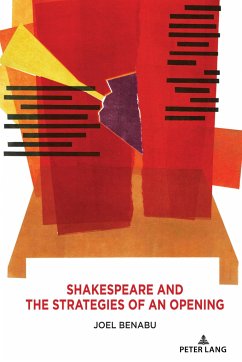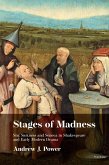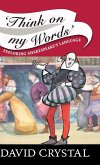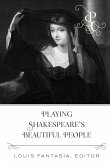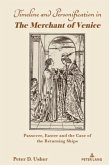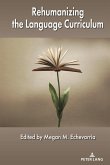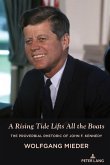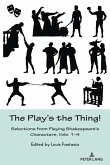The degree of Shakespeare's concern for a "living theatre," capable of perpetually diversifying in order to maintain its appeal, is immediately apparent in the imaginative opening strategies employed in his plays. In an effort to illuminate them, this book studies the early printed texts for evidence of the opening lines of composition, as well as information supplied by Shakespeare for the actor to translate written word into stage action.
This book contains a detailed introduction to its subject. Part One presents relevant ideas about openings in rhetorical and poetic theory from Aristotle to Julius Caesar Scaliger. In drawing on these ideas-and without making too strong a claim about direct or indirect influence-author Joel Benabu constructs a theoretical framework for Shakespeare's opening strategies. Part Two, comprising the main section of the book, explores different strategies for constructing an opening in the Shakespearean plays selected for analysis. The conclusion takes a broader perspective on the theory of Shakespeare's construction of openings explored throughout the book.
This book contains a detailed introduction to its subject. Part One presents relevant ideas about openings in rhetorical and poetic theory from Aristotle to Julius Caesar Scaliger. In drawing on these ideas-and without making too strong a claim about direct or indirect influence-author Joel Benabu constructs a theoretical framework for Shakespeare's opening strategies. Part Two, comprising the main section of the book, explores different strategies for constructing an opening in the Shakespearean plays selected for analysis. The conclusion takes a broader perspective on the theory of Shakespeare's construction of openings explored throughout the book.

